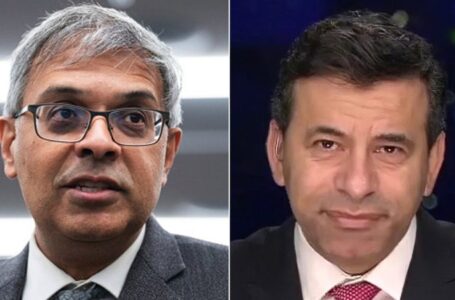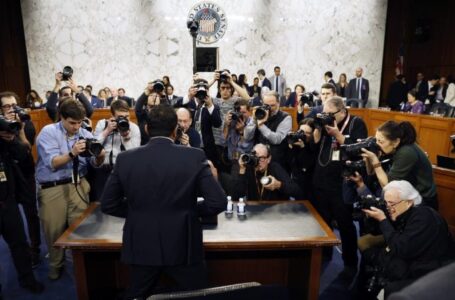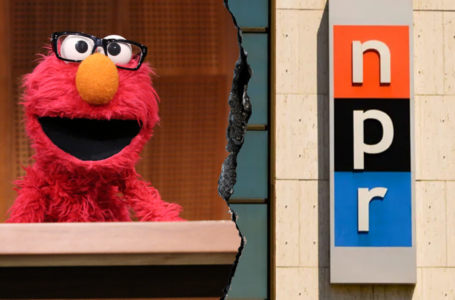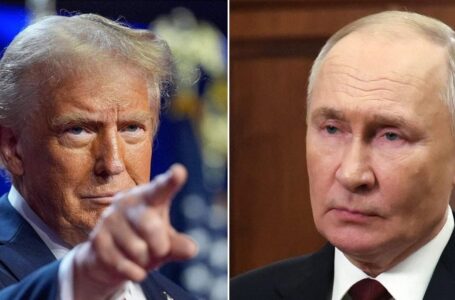China tightens screws on what can be shared online about its military


China has unveiled sweeping new regulations to tighten the release of information about its military online, a move that could obscure key sources for monitoring the world’s largest armed forces.
The rules, announced over the weekend and taking effect on March 1, come as China is rapidly building up and modernizing its People’s Liberation Army (PLA) to match the military might of the United States.
It also marks the latest effort in leader Xi Jinping’s far-reaching campaign to bolster national security and guard state secrets in the face of heightened geopolitical tensions.
The all-encompassing rules could have a big impact on Chinese military bloggers and commentators, who are often quick to share images or information about new weapons systems, personnel appointments and troop movements.
Such publicly available information posted by Chinese military enthusiasts has also been an important source for PLA watchers to track the development and movement of the Chinese military.
The regulations are aimed at addressing issues including “the spread of false military information” and “the leakage of military secrets” on the internet, according to a Q&A released by the government.
They lay out strict rules for online content about military affairs, banning the “producing, copying, publishing and disseminating” of military secrets, national defense technology and industry secrets or other undisclosed information.
The banned list covers everything from the development and testing of weapons systems to military drills and deployment, as well as the organizational structures, tasks and combat capabilities of military units that have not been officially disclosed.
The regulations target individual users and “online military information service providers,” which include dedicated military affairs websites, military columns and social media accounts focused on the military.
In a sign of their sweeping scope, the regulations were issued jointly by 10 government and ruling Communist Party departments, from the top internet regulator and top military commanding body to the ministries of public security, state security and culture and tourism.
Open source information has provided key clues about China’s military progress in the past. Last December, online footage and images of what many believed to be China’s next-generation stealth fighter jet caused a huge stir in both China and the overseas PLA watching community, after the mysterious aircraft were seen flying in broad daylight over two Chinese cities.
It’s unclear how the new rules will affect foreign media reporting on the Chinese military.
Analysts said the new regulations could portend a tightening of control over military-themed content on the Chinese internet.
“Military and defense-related content enjoys significant popularity among Chinese internet users, but the leadership is clearly keen to ensure that sensitive information — a concept broadly applied in China — and speculation do not undermine the official narrative around the country’s military development and capabilities,” wrote David Bandurski, executive director of the China Media Project.
James Char, a PLA expert and assistant professor at the S. Rajaratnam School of International Studies in Singapore, said information related to the PLA and other military matters have long been placed under strict supervision by Chinese authorities.
Some of the content banned by the new rules had already been outlawed in previous legislations, such as anything that harms national sovereignty and security or denigrate the military and its “heroes and martyrs.”
Others are routinely censored on Chinese social media, such as comments criticizing China’s national defense policy and military strategy, or those spreading false information about the military.
“I regard the announcement of these regulations as nothing more than the institutionalization of existing rules,” Char said.
But he noted that the new rules banning the sharing of information on military deployments and troop movements do serve to outlaw such practices by internet users without PLA approval, such as military bloggers or the man on the street in China.
“This may have an effect on these individuals’ readiness to post such material online the next time they come across troop movements or a military exercise in their localities,” Char said.
“This will also work in Beijing’s interest in preventing its troop deployments within the mainland from being exposed in advance of another major military exercise or troop build-up in China’s coastal regions off the Taiwan Strait.”











